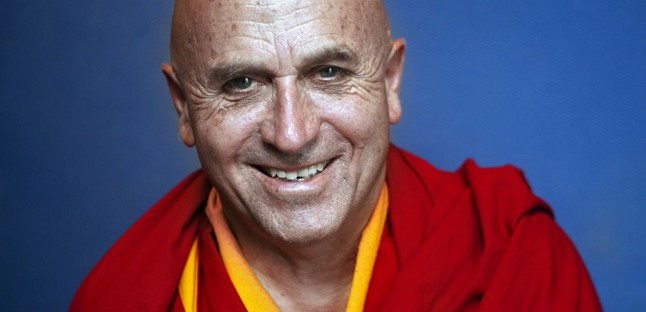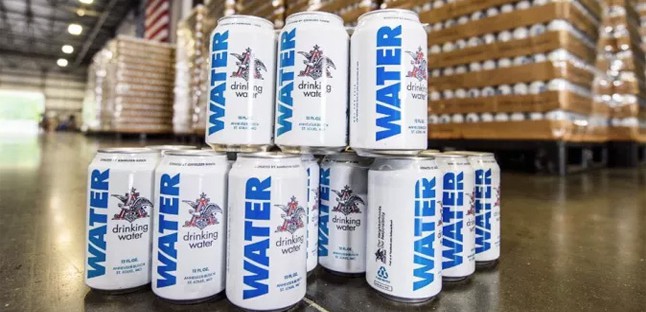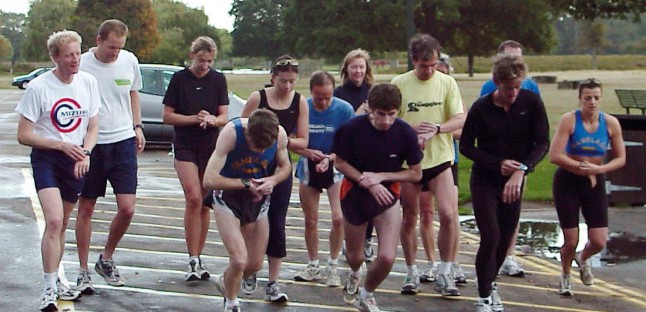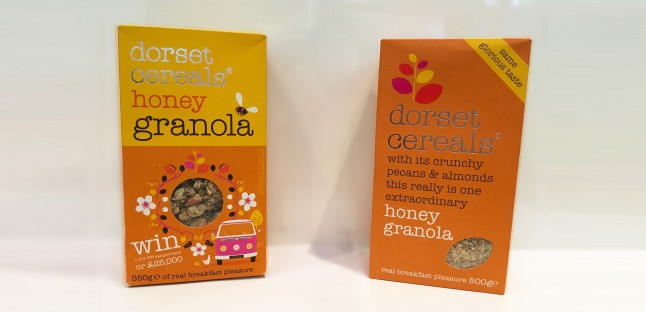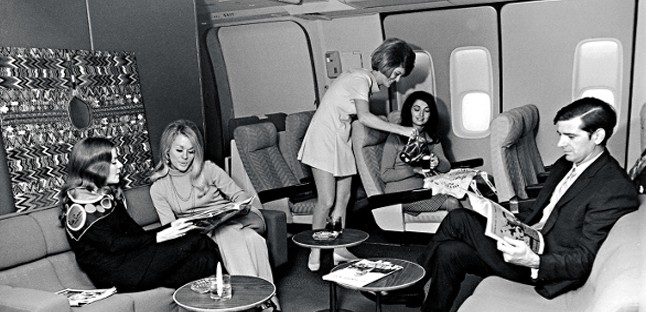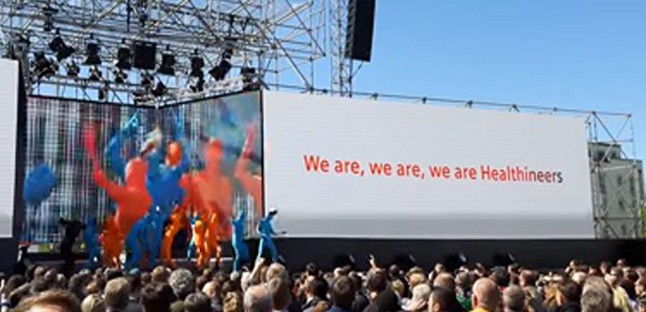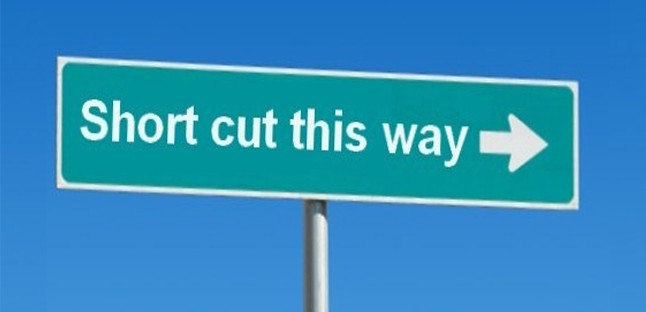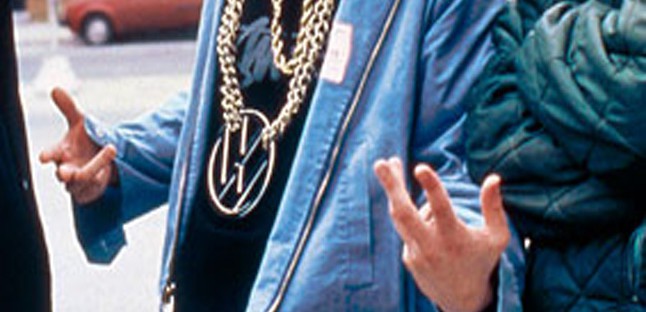Back to all posts
Latest posts
A masterclass in creating value
What’s going on at parkrun?
Virtue-signalling all the way to the bank
Bud Light: brand purpose or virtue-signalling?
The Coddling of the American Mind, by Greg Lukianoff and Jonathan Haidt
Belonging, by Owen Eastwood
Such a simple thing
The Long Win, and The Scout Mindset
The Cult of We by Eliot Brown and Maureen Farrell
Coffee and covid modelling
By theme
Marketing strategy
Insight & metrics
Innovation & inspiration
Brand & positioning
Marketing communications
Business purpose
Leadership
By industry sector
Financial services
Retail
FMCG
Technology & start-ups
Consumer services
Business to business
Other sectors
By type
Books
Comment
Quotes
Thought leadership
This is, reportedly, the happiest man in the world. Matthieu Ricard, a French Buddhist monk. Naturally, meditation is part of his routine. He recommends half an hour a day for everyone. For the rest of us, there’s meditation’s little sister, mindfulness, which is very much in vogue. We are supposed to be in the moment, to attain contentment. The opposite of marketing, you’d think, which is all about consumption and wanting stuff, even if it’s more about collecting experiences than bling these days. Read More
The hurricanes that hit the Caribbean and southern US states in recent weeks created an opportunity, uncomfortable though it is to say so. But businesses that grab the short term revenue opportunities risk long term damage. By contrast, those that put people and their needs ahead of a fast buck can earn approval and support that lasts for years.
A natural disaster presents an obvious business opportunity. Urgency and scarcity remove price sensitivity. Read More
A dull autumn morning in a park in south west London, in 2004. Nine men and four women line up on an improvised start line. A lean South African called Paul Sinton-Hewitt takes a photo, then calls “Go!” and the first Bushy Park Time Trial is underway. He waits while they run out of sight around the park, then clocks the first two finishers, who cross the line side by side in just under nineteen minutes. Read More
Packaging is the always-on media channel of supermarket brands, a powerful signal of a brand?s honest intentions. But that message can be subverted, or can simply go a bit awry. Strong brands caught in errors or misdemeanours need not worry. They will always be forgiven.
Dorset Cereals is a successful premium-priced brand with a distinctive proposition backed up by great products. Honey Granola is my favourite. They’ve just made a subtle pack design tweak. Read More
How does your business think about pricing, and who sets it? Every brand has to have a point of view about where it sits in the market, even if, like FMCG brands, the final selling price is outside your control. I recently explored the role of pricing, both tactical and strategic, and the challenge of getting the value equation right, in this article for Market Leader. Ensuring the price is right Market Leader Spring 2017 Read More
What’s going on in the airline business? It’s not just United man-handling passengers like excess baggage, or refusing people in the wrong clothes. British Airways is also attracting a lot of the wrong sort of attention for the changes it’s made to its short haul food service. While these airlines chase efficiency to reduce fares, Michael O Leary’s Ryanair has seen the customer service light, with a cheesy but seemingly sincere TV ad saying they won’t treat you mean any more. Read More
The latest #fakenews is that Waterstones have opened “unbranded bookshops”. Despite what many trustworthy sources are reporting, Waterstones, the last remaining chain of specialist bookshops on the high street, have done nothing of the sort. The real story is that a national retail chain is creating hyper-local brands, one-off retail outlets seemingly tailored to their location. If they deliver on what those brands promise, they’ll be doing us all a favour.
Southwold Books in Suffolk, Read More
Is this the most cringe-worthy brand launch event ever? It’s Siemens 120-year-old healthcare division’s rebranding to Siemens Healthineers. Brand and company names get attention because they signal what’s inside. That leads to the fallacious logic that if you change the name, what’s inside will change too. Sometimes it doesn’t work out well. Like when Royal Mail became Consignia. Or when PwC’s consulting division became Monday. That lasted until Tuesday, when they were swallowed up by IBM Global Services. Read More
The economist John Maynard Keynes said, “When the facts change, I change my mind. What do you do, sir?” Brands are the antidote to that. After the emissions-rigging scandal, many people predicted the demise of Volkswagen. I saw it differently. Brands are a shortcut to a view. In psychology terms, a brand is a heuristic – a ready-made shortcut which saves you the brain-ache of having to think about things and weigh up options every time. Read More
It must be tough being a Volkswagen sales person right now. But those who say the eighty-year-old brand is fatally damaged don’t understand how brands work. If people see the bad behaviour as out of character with the brand or company as we believe them to be, then mostly people will forgive or excuse that bad behaviour – or, quite quickly, forget about it. It’s the johnny-come-latelys whose fragile brand equity can be swept away by a catastrophic error or a calculated deception. Read More
Back to all posts
Latest posts
A masterclass in creating value
What’s going on at parkrun?
Virtue-signalling all the way to the bank
Bud Light: brand purpose or virtue-signalling?
The Coddling of the American Mind, by Greg Lukianoff and Jonathan Haidt
Belonging, by Owen Eastwood
Such a simple thing
The Long Win, and The Scout Mindset
The Cult of We by Eliot Brown and Maureen Farrell
Coffee and covid modelling
By theme
Marketing strategy
Insight & metrics
Innovation & inspiration
Brand & positioning
Marketing communications
Business purpose
Leadership
By industry sector
Financial services
Retail
FMCG
Technology & start-ups
Consumer services
Business to business
Other sectors
By type
Books
Comment
Quotes
Thought leadership
